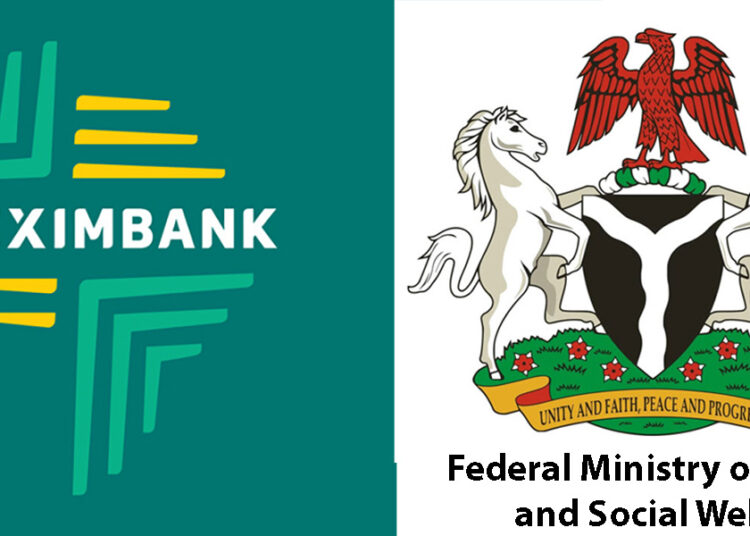Afreximbank and the Federal Ministry of Health and Social Welfare on Wednesday signed a Memorandum of Understanding (MoU) to support the development of Nigeria’s healthcare sector under the Presidential Initiative for Unlocking Healthcare Value Chains (PVAC).
The partnership seeks to support the establishment of world-class medical and health facilities and increase domestic manufacturing of essential pharmaceuticals, diagnostics, vaccines, biologics and medical consumables, through a US$1billion Healthcare Value Chain Programme.
The MoU was signed at the maiden African Medical Centre of Excellence (AMCE) Africa Health Forum, with the theme: “Historical Journey and Mission of AMCE, in Abuja.
The AMCE is a healthcare development project driven by Afreximbank and King’s College London with the aim to provide world class healthcare across the continent.
Speaking at the event, minister of Health and Social Welfare, Prof. Ali Pate, said the initiative will unlock the health ecosystem through the US$1billion healthcare value chain program.
The minister also said that through the programme, the nation will increase domestic production of essential pharmaceuticals, diagnostics, vaccines, medical consumables and devices.
In his welcome remarks, the president and chairman of the Board of Directors of Afreximbank, Prof Benedict Oramah, said the partnership will also reduce outbound medical tourism by elevating the quality and accessibility of healthcare services within Nigeria.
He disclosed that the project entails developing and operationalising a world-class multi-specialty 500-bed hospital facility to serve the entire African continent, focusing on three core non-communicable diseases namely; Oncology, Haematology and Cardiology.
“The AMCE Abuja is being implemented in partnership with leading global institutions, namely Kings College Hospital, London, the University of Wisconsin Teaching Hospital, USA, and the Christies Hospital, Manchester.
“The facility will serve as a leading centre for research and development in medicine and clinical services, offer residency, training and observership placement programmes to physicians and medical students from Nigeria and other parts of Africa.
“It will also serve as the largest and most diverse biobank in West Africa, enabling it to attract global and pan- African partnerships as well as a reference facility for all Nigerian and regional hospitals in Africa.
When operational, the facility will tackle the rising burden of non-communicable diseases, capital flight and brain drain of qualified medical personnel. Create approximately 3,000 jobs during its construction and operational phases; Provide prompt, lifesaving detection and management of serious diseases delivered to over 200,000 patients in Nigeria and a further 150,000 patients from other African countries within its first five years of operation; and promote intra-regional trade in medical services and strengthen supply chains in the medical and pharmaceutical sectors,” he explained.
The chairman further disclosed that the Afreximbank has entered an arrangement with the King’s College London (KCL) to establish a Medical & Nursing School in Abuja to support the production of quality medical personnel in Africa.





